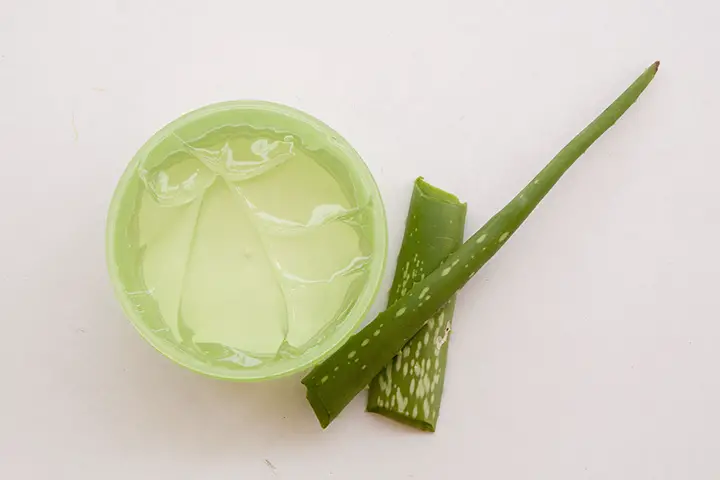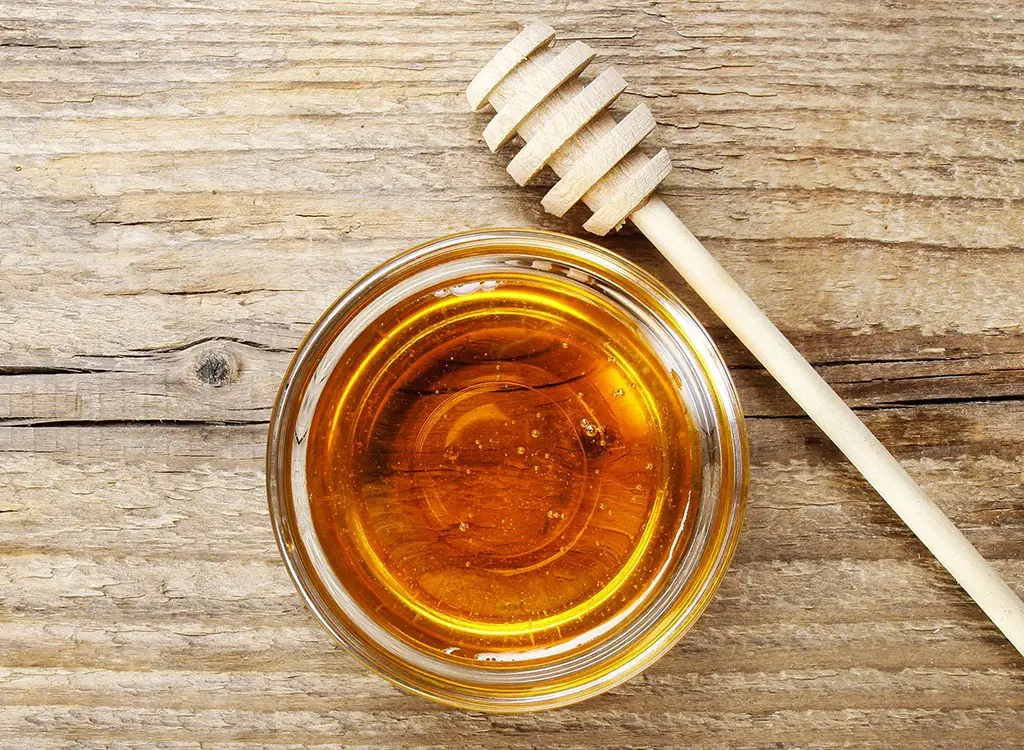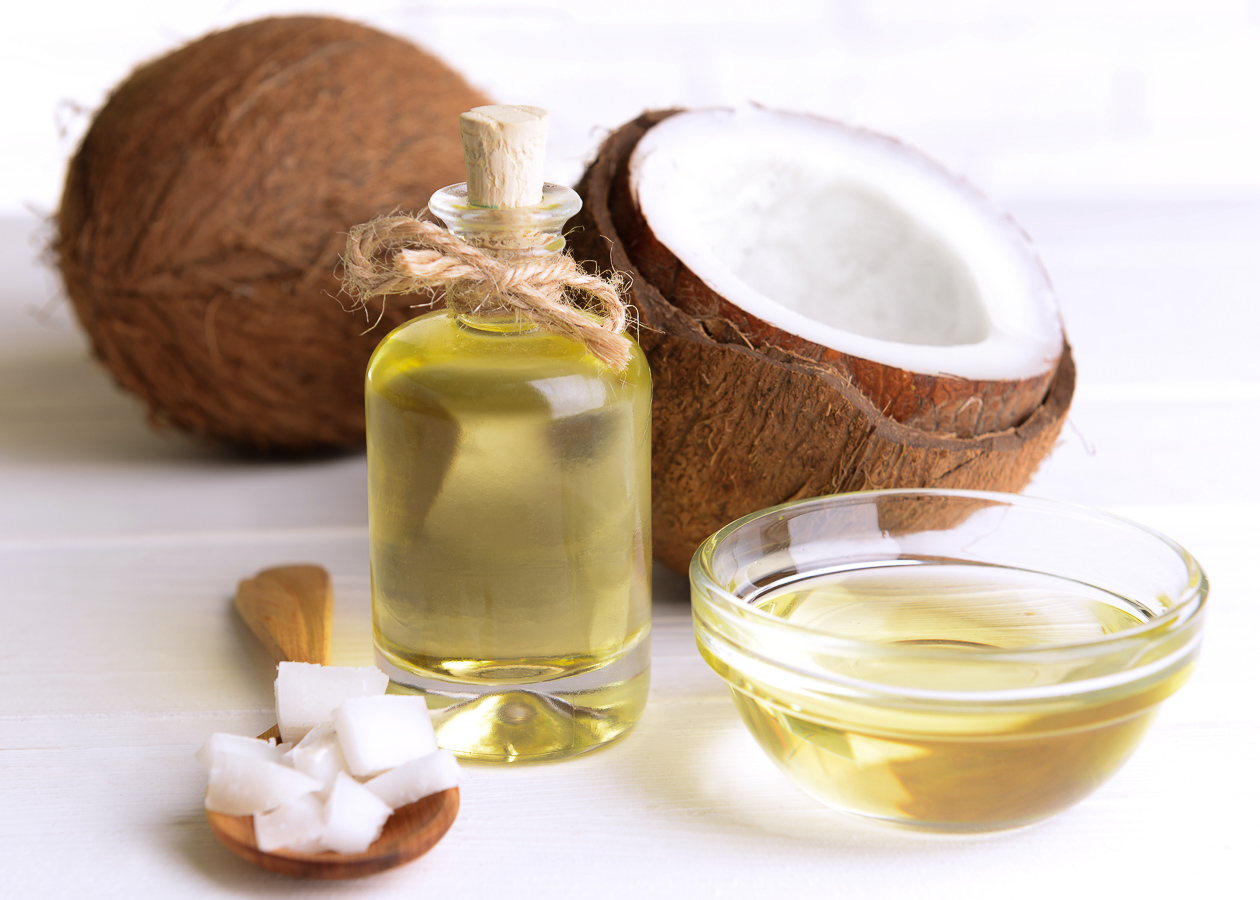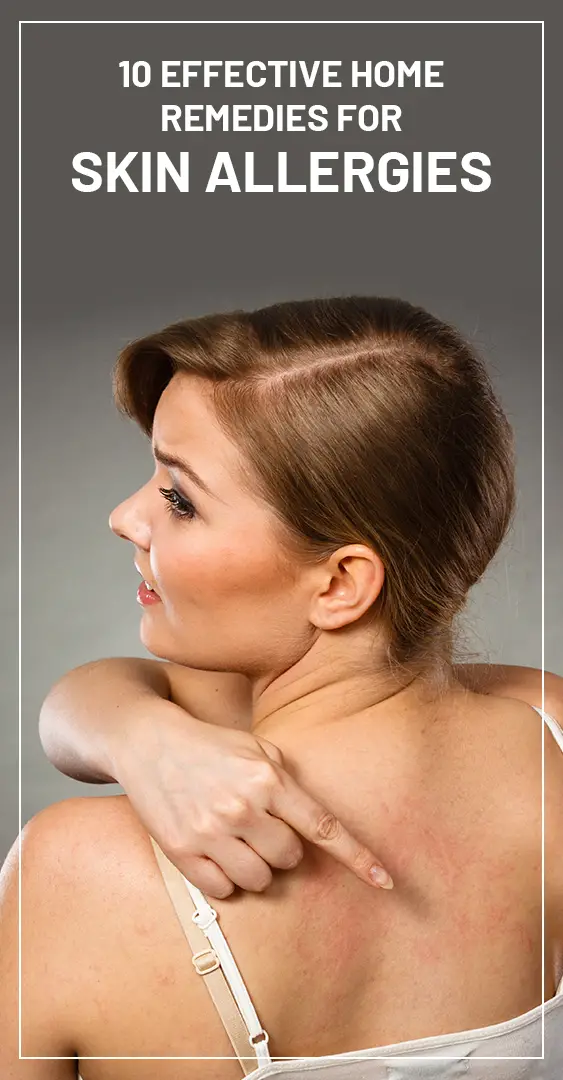
Important: This article is for informational purposes only. Please read our full disclaimer for more details.
Skin allergies can be very frustrating, especially when they seem to pop up out of nowhere. While there are many over-the-counter and prescription medications available to treat allergies, some people prefer to try home remedies first.
There are a number of different home remedies that can be effective in treating skin allergies. However, it is important to remember that not all home remedies work for everyone. What works for one person may not work for another. It is also important to talk to a doctor before trying any new home remedy, especially if the person has a history of allergies or asthma.
What are Skin Allergies?
Skin allergies are reactions that occur when the body comes into contact with something that it perceives as being harmful. The body’s immune system then works to fight off the perceived threat by releasing histamines and other chemicals. This release of chemicals can cause a variety of symptoms, including itching, redness, swelling, and rashes.
What Causes Skin Allergies?
There are many different things that can cause skin allergies. Allergens can come from a variety of sources, including the environment, food, and even some medications. Some common allergens include:
- Dust mites
- Pollen
- Pet dander
- Certain foods
- Latex
- Insect stings
[ Read: 7 Best Lotion For Insect Bites ]
How can Skin Allergies be Treated at Home?
There are a number of different home remedies that can be effective in treating skin allergies. Some of the most common home remedies include applying Aloe vera, persimmon leaf extracts, oat meal bath, using baking soda, manuka honey, ginger, coconut oil, menthol, apple cider vinegar and applying ice pack or cold wet cloth.
1. Apply Aloe Vera

Aloe vera has anti-inflammatory and cooling properties that can help to soothe itchiness and irritation caused by skin allergies. Aloe vera can be applied directly to the affected area. [1]
[ Recommended: How to Take Honey for Allergies ]
2. Persimmon Leaf Extracts
Persimmon leaf extracts have anti-inflammatory properties that can help to reduce swelling and itching caused by skin allergies. The extracts can be applied directly to the affected area.
3. Oat Meal Bath

Oat meal has anti-inflammatory properties that can help to soothe itchiness and irritation caused by skin allergies.
- An oat meal bath can be made by adding a cup of oat meal to a bathtub of warm water
- Soak your body for 10-15 minutes
- wash it off with warm water. [3]
[ Recommended: How to Take Bee Pollen for Allergies ]
4. Baking Soda

Baking soda has anti-inflammatory and cooling properties that can help to soothe itchiness and irritation caused by skin allergies. Baking soda can be applied by making a paste or you can add a cup of baking soda in your bath tub for a bath.
[ Recommended: How to Use Apple Cider Vinegar for Skin Rash ]
5. Manuka Honey

Manuka honey has anti-bacterial, anti-viral and anti-inflammatory properties that can help to fight infections and reduce swelling and itching caused by skin allergies. Manuka honey can be applied directly to the affected area. [5]
6. Ginger

Ginger has been infamously known for centuries for its anti-inflammatory properties. It can help to soothe itchiness and irritation caused by skin allergies. Ginger can be consumed in the form of tea or can be applied directly to the affected area. [6]
7. Coconut Oil

Coconut oil has anti-inflammatory, antibacterial and moisturizing properties that can help to soothe itchiness, irritation and dryness caused by skin allergies. Coconut oil can be applied directly to the affected area. [7]
8. Menthol
Menthol has cooling properties that can help to soothe itchiness and irritation caused by skin allergies. Menthol can be found in products like creams, lotions, gels and balms. [8]
9. Apple Cider Vinegar

Apple cider vinegar can help to restore the skin’s pH balance and it also has anti-inflammatory properties that can help to reduce swelling and itching caused by skin allergies. Apple cider vinegar can be applied directly to the affected area using a cotton ball or it can be added to your bath water. Be careful with apple cider vinegar as overuse may cause skin irration. [9]
10. Ice Pack or Cold Wet Cloth
Applying an ice pack or a cold wet cloth can help to reduce swelling and itching caused by skin allergies.
The ice pack or the cold wet cloth can be applied directly to the affected area for 10-15 minutes.
When to See a Doctor?
If you experience severe symptoms such as difficulty breathing, swelling of the face, mouth, or throat, or if you have a history of severe allergies, it is important to see a doctor as soon as possible.
Skin allergies are a common problem and can be caused by a number of different things. There are a number of home remedies that can be effective in treating skin allergies. If you experience severe symptoms, it is important to see a doctor as soon as possible.
You Might Also Like:
- How to Take Bee Pollen for Allergies?
- How to Take Honey for Allergies?
- The 7 Best Essential Oils for Allergies
- 10 Foods That Help You Fight Skin Allergies
- How to Use Apple Cider Vinegar for Skin Rash?
- The 8 Effective Home Remedies for Itchy Skin
- 7 Best Fabric Softeners For Sensitive Skin
- How to Use Vaseline for Eczema?
- Apple cider vinegar for eczema: How it works and uses?
















